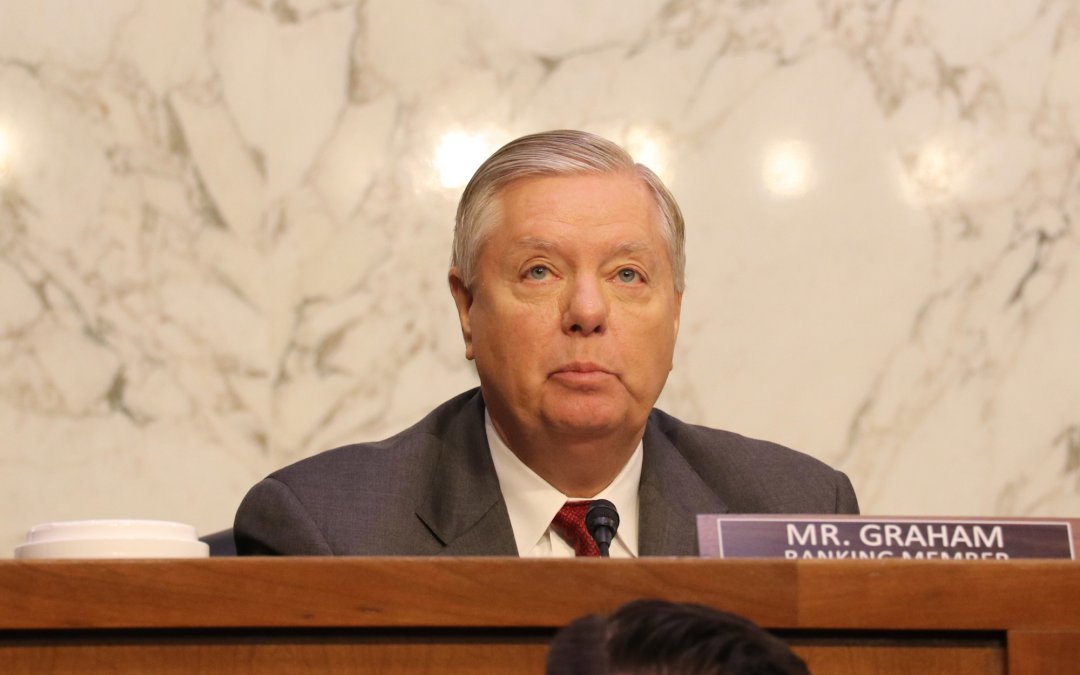WASHINGTON — Senators on Wednesday grappled with the already-existing and looming-future economic costs of climate change, and how to prevent them.
At a Budget Committee Hearing, experts delivered testimony that revealed a concerning state that America is in: unmitigated climate change could lead to economic chaos worse than the 2008 financial crisis and further strain budget deficits.
Senate Budget Committee Chair Sen. Sheldon Whitehouse (D-R.I.) kicked off the hearing by discussing how the climate crisis is different from others that have stressed the economy in the 21st century.
“Look at our national debt. One thing that stands out is how much of it was incurred as a result of exogenous shocks to the economy,” he said, adding that both the 2008 financial crisis and the COVID-19 pandemic added $10 trillion to the debt. “Headlights, and better attention to what they illuminated, could have helped… Now we have all these warnings.”
Dr. Mark Carney, former governor of both the Banks of England and Canada, said coastal erosion will weaken property values in those regions. Extreme weather will increase food costs. And increased flooding will damage infrastructure not built to withstand the new environment.
“The hit to GDP growth from unmitigated climate change is expected to be significant,” Carney said. He added global GDP per capita could fall between 10 to 20% without efforts to curb climate change.
Dr. Robert Litterman, the chair of the Commodity Futures Trading Commission’s Climate-Related Market Risk Subcommittee, made the case that pushing incentives is the way to get action on this issue.
“We need to create incentives to reduce emissions, we all understand this,” he said. “People respond to incentives. If we get the right incentives, we’ll get the right behaviors.”
He added those incentives need to also be applied on a global scale, as the U.S. needs to work diplomatically with other nations to “harmonize” the incentives across the world and therefore hopefully yield stronger emission reductions.
The need for a global push was echoed by Sen. Mitt Romney (R-Utah). He voiced frustration that those engaged in the climate debate often forget the U.S. isn’t the leader in emissions.
“We have to do things that have a global impact,” he said. But Romney also listed policy proposals he’d be supportive of. “Research and technology and a price on carbon are the things that would make a difference.”
A carbon tax has long been an idea to address climate change, but it failed to make it into the Inflation Reduction Act last year.
Sen. Lindsey Graham (R-S.C.) questioned the panelists about how a carbon tax could impact American households. Former Congressional Budget Office Director Douglas Holtz-Eakin explained his case for pricing.
“The literature says very clearly that the right way to do this is a revenue-neutral carbon tax.” He explained that means taking the revenues from a carbon tax and using it to offset corporate and income taxes so people don’t feel the burden of it.
But Graham was skeptical and went back and forth with the panelists about what the tax could mean for utility bills, gas prices and other services.
Overall, both sides acknowledged there is a need to take action, but differ on its urgency and how to do so.
Sen. Chris Van Hollen (D-Md.) summed up the general sentiment in his remarks: “We know that the cost of doing nothing is huge.”

